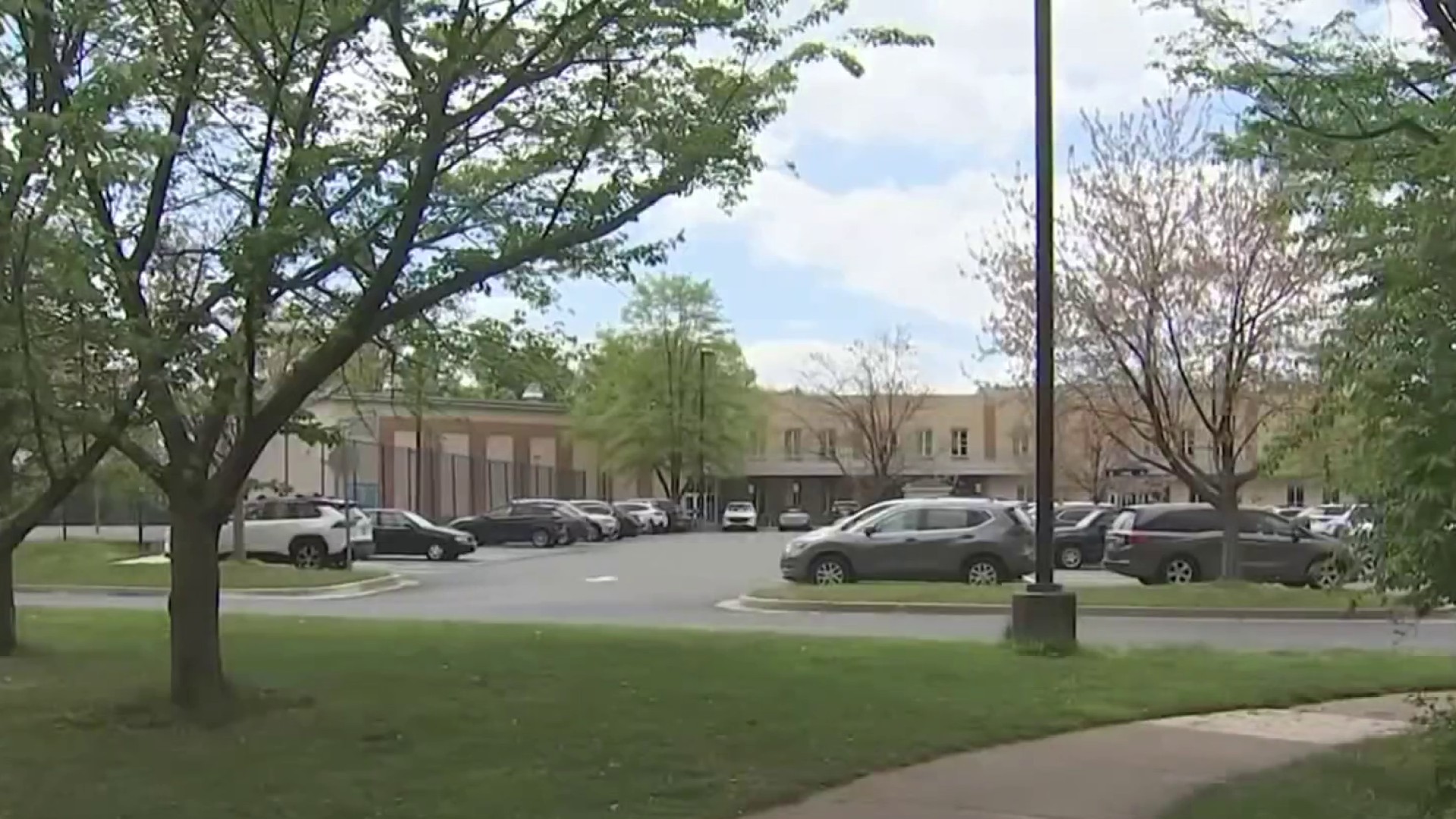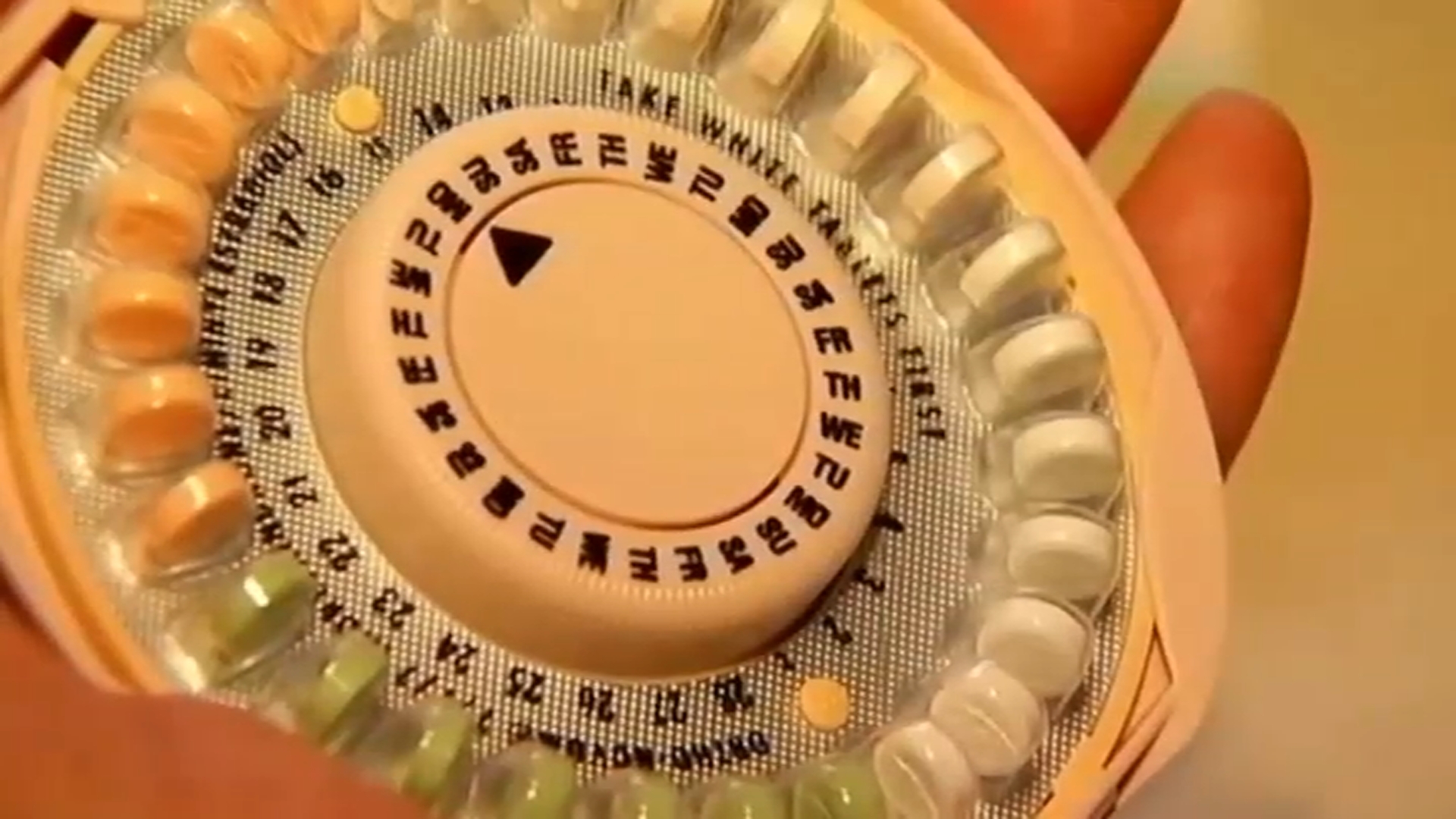WASHINGTON -- Usually, terrorism is the priority issue at the annual emergency preparedness meeting of capital region elected leaders hosted by the U.S. Department of Homeland Security, but at Tuesday's meeting, terrorists took a backseat to swine flu.
The Washington region has made progress in its ability to handle emergencies, Homeland Security Secretary Janet Napolitano said, but more work needs to be done. Napolitano met with Virginia Gov. Timothy M. Kaine, Maryland Gov. Martin O'Malley and D.C. Mayor Adrian M. Fenty to discuss the area's security challenges.
As a region, the D.C. area is as prepared for emergencies as any other region in the world, Fenty said.
After the meeting, Napolitano called the planning group, which worked together during the inauguration, a "model" for other regions. But she said there's work ahead to improve coordination.
In the next two weeks, she said the federal government will review states' plans on how they will deal with swine flu. Congress has already appropriated $7 billion to aid jurisdictions with vaccine production and distribution, she said.
O'Malley said dealing with swine flu this fall will be a "big challenge," as many people are expected to be infected, but the good news is Maryland had experience dealing with the virus last spring.
O'Malley pointed out that $20 million in recent cuts in state aid to local governments will present a challenge as well. But the state will be taking advantage of federal money to help battle swine flu, he said.
Local
Washington, D.C., Maryland and Virginia local news, events and information
Earlier Tuesday, Kaine, who's also Democratic National Committee chairman, visited Samuel Tucker Elementary School in Alexandria to talk about the state's preparations for swine flu. Students gave a demonstration on how to wash your hands properly, and the governor's technique received poor marks from 4th-grader Michelle Marfo.
When it was Kaine's turn to try, he got it all wrong, Marfo said. Not enough soap. Didn't rinse the requisite 20 seconds needed to kill germs. And he should have used a paper towel to turn off the faucet, rather than his bare hand.
He was advised to sing the ABCs song while washing his hands, which lasts about 20 seconds.
Students also showed the governor how to properly cough and sneeze to limit spread of germs.
"These guys taught me something," Kaine said after the presentation.
Virginia's action plan to prevent the spread of swine flu relies on monitoring the virus, communicating information to the public, launching a voluntary vaccination program and working with the clinical community to ensure appropriate care for those who are infected.
The first batch of swine flu vaccine isn't expected to include enough doses for every Virginian who wants one, but state officials said Tuesday they plan to have an adequate supply of the shots within two months of its release.
When the Centers for Disease Control and Prevention releases its first shipment of the vaccine -- currently projected for mid-October, the state's share would likely be about 900,000 doses, presuming the vaccine is distributed evenly across the U.S. population, according to state officials.
About 30 percent of Americans get the regular seasonal flu vaccination each year, and some polls suggest that twice as many people will be interested in getting the swine flu vaccine, said state Health Commissioner Karen Remley.
If those numbers are extrapolated to Virginia's 7.8 million residents, the initial supply won't meet demand.
However, Remley and Gov. Timothy M. Kaine said they expect to have enough doses of the vaccine for every Virginian who wants it. Kaine said his goal is that anybody in Virginia who wants the vaccine will be able to get it within two months of the vaccine's release.
Seasonal flu shots are available now, and it's recommended that residents get one before the H1N1 vaccinations in the fall.
Speaking after the security meeting, Kaine said more than $20 million from the federal government has gone to the state's local jurisdictions for swine flu planning. He added that although Virginia has had to make budget cuts, public health is a top priority.
Virginia will try to allocate the vaccine to priority groups, which include pregnant women and children, heath care workers and emergency personnel.
Currently, the swine flu vaccine is being tested by the federal government for safety and effectiveness.
Current data suggest that swine flu, also called the H1N1 flu virus, is no more harmful than seasonal flu, Remley said. But when it strikes, it tends to be more severe when it hits pregnant women and children and less severe among the elderly.
But Remley cautioned that the virus is still relatively new, and public health officials will be monitoring for any mutations or changes in how the virus afflicts the population.
Kaine said the state has no plans to close a particular school if a swine flu case is diagnosed among the student body.
Public health officials are also urging people to stay home from work and school if they suspect they are getting the flu and remain home for at least 24 hours after the fever goes away.
Swine flu has sickened more than 1 million Americans since it emerged in April, and is responsible for about 500 deaths. In Virginia, the virus has been associated with three deaths, according to the state health department.



